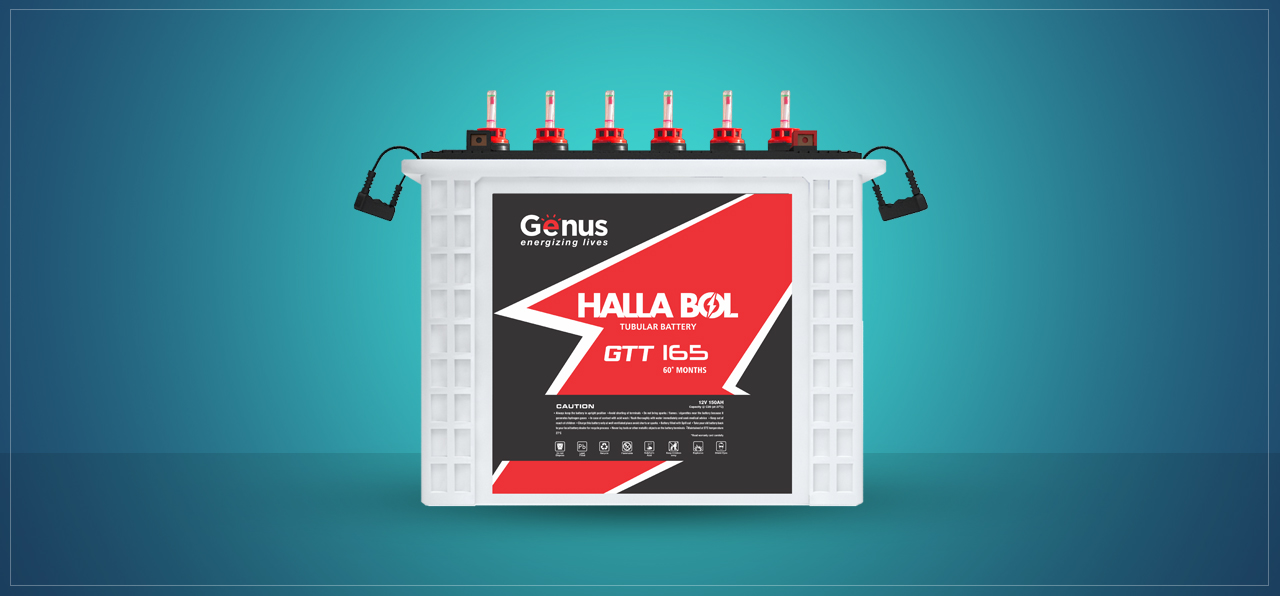
The reliability of an inverter is assessed by whether it can provide adequate back up (for the number of hours of a power outage) for your appliances chosen, as well as doing so at an economical cost. The cost can be controlled only when conversion losses are minimized. To arrive at the right choice, it is important to understand a few basics. Otherwise, you could get confused or misled by the dealer.
While it may be obvious, it is worth stating that inverters do not generate electricity. A diesel gen-set does, but then that consumes energy from diesel to generate power. An inverter, instead, consumes grid power (when the mains are on) to store electricity in batteries. Now that you have understood that there is power consumed in providing a power back-up, we look at how to minimize conversion losses.
Conversion loss
The batteries can store electricity only in the form of direct current (DC) while the grid power is in the form of alternating current (AC). Your inverter first converts the AC to DC to charge the batteries and store energy or power, or electricity.
AC to DC: The conversion loss here is reduced by using superior copper transformers compared to cheaper aluminum. You surely know that copper is a better conductor of electricity; though it costs more. For example, Genus Innovation’s Proton range uses this to ensure lower electricity consumption.
Number of backup hours
Next, reliability means providing the required number of backup hours. A battery is the backbone of an inverter system. The performance (and life) of an inverter largely depends upon the battery quality. The next big question is: “how much back up will an inverter provide?” or for “how many hours can it run all your equipment?” This is what is called the battery capacity. It is the battery capacity that decides the back-up hours. It is expressed in Ah (Ampere Hours).
Battery voltage (12 V or 24 V) is decided by the inverter so you do not have much choice but you can choose Ampere Hour capacity (AH) depending upon how much backup time you want. For example, one 12 V inverter with 100 Ah battery may give 2-hours’ backup for a certain load. It will give 4-hours’ backup for 180 Ah battery. A bigger battery costs more, takes up more space but pays off in the long run. The backup time required depends on how long power is usually shut off in your locality.
To understand better about this, here is an example: Suppose, the sum total of the wattage of all the appliances you want to run is 535W, say.
Battery capacity = Power requirement (in watts) * Back up hours (in hrs) / Battery Voltage (in volts)
Battery Capacity = (535 * 3) / 12 = 133 Ah
(Here, the battery voltage is taken as 12V)
Therefore, a battery with a capacity of 130 Ah will work for you.
So, if you want to run 3 fans, 3 tube lights,1 CFL and 1 TV for 3 hours during a power failure you would need an 800VA inverter and a 130 Ah battery.
By understanding this simple calculation, you save yourself from misleading information and arrive at the correct decision.
To conclude
Genus brings you superior quality tubular batteries, solar batteries and VRLA/SMF batteries that can be widely used in residential and commercial applications in a safe manner. A Genus battery can supply power reliably and in a consistent way, no matter how many times you use them. The battery is scientifically designed, has a long life, and can easily withstand frequent or long power cuts. As the best inverter battery, it promises excellent performance, needs low maintenance, is resistant to corrosion and can be recharged quickly too. With minimal gaseous discharge, they are also environment-friendly.
